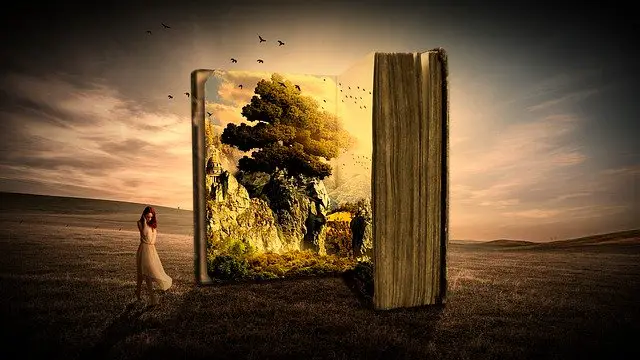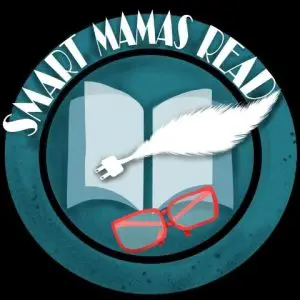
I took some time to think about what I’m looking for in good books.
Most of these characteristics apply to great novels, but as I look over the list, I see they are necessary for great non-fiction as well.
What I’m looking for in good books applies to true accounts, memoir and to other non-fiction as well. No one wants to read a dry textbook that has no emotion, no characters, no story. Even when reading about principles and facts, all the elements of great fiction would elevate it to a great book.
Truth
The first element every great book has is truth. This especially applies to fiction. It has to ring true. Even if the main characters are mice or aliens or vegtables. Obviously, those characters are mirroring human personalities. The way they act and interact has to be true to life as we know it, even if they are faced with fantastical challenges. We still have to see ourselves in them.
Relatable Characters
This is closely related to truth, but we have to identify in some way with the main characters. Either with their fears, or their predicament or their line of thinking. We have to be able to travel their road with them, or else it’s not a good story.
Emotional Connection
My personal theory is that emotional connection is the main reason girls and women read. It’s a chance to vicariously process the emotions of the characters through the emotions of the readers.
Female emotions are complicated. It helps to walk with a character for awhile and experience theirs rather than your own. Your character’s grief has expression in your tears. The same goes for your character’s triumphs.

Transcendence
Relatable characters and emotional connection are important if the book is going to transport you out of your own life into the world you’re reading about. It’s necessary to become immersed in the story and to temporarily forget about the life you’re living in order to walk in the character’s shoes.
Good writing
Good writing is a nonnegotiable. Beautiful writing is a plus.
Bad writing breaks the spell by calling attention to itself. Grammatical errors, awkward sentences, even a typo can remind you that you’re reading. Good writing becomes the vehicle and eventually it’s not even noticed. It takes a lot of hard work for the writing to become invisible. All that’s left is the story.
Beautiful writing elevates it to another plane.
Clever Plot Line
I actually have mixed feelings about a great plot line, because I feel like some modern books are all plot, with no character development or attention to writing. That’s not what I’m talking about. Some of the best books ever seem to have little plot, but in reality it’s so subtle you barely notice it.

Unpredictable
This is related to plot. If you can tell where the story is going and you’re always right, it loses the mystery. When you’re blindsided by a plot twist, that can keep you on the edge of your seat. Unpredictable is good.
Insight into God, humanity, society, relationships and self-awareness
This relates back to truth. I like books that are able to articulate what I know to be true, but haven’t been able to put into words. I also like to discover new insights that wise writers have unearthed and captured in their books.
When I finished the rough draft of this post, I remembered having recently skimmed over Sarita Holzmann’s seven part test for choosing literature for Sunlight Curriculum. Going back to read it carefully, I saw some overlap between her list and mine. Apparently, looking for good books for kids doesn’t differ much from adults.
New thoughts and ideas
This applies mostly to non-fiction, but any fiction writer that can introduce new thoughts and ideas through the vehicle of fiction is a hero in my book.
Unique Voice
Unique voice actually might be negotiable. Voice isn’t something you are aware of consciously. It’s an indistinguishable part of the whole package. The flip side is that you will recognize a voice that grates on you to the point that you can’t tolerate it.

Story
I added this mostly for nonfiction, since it is the very essence of fiction. Without the element of story, nonfiction is just dry facts and principles. Some of my favorite nonfiction is told through the vehicle of fable, which fleshes out those dry principles so you can see what it looks like.
Besides. Story is the door.
Clarity
Another characteristic that becomes invisible when done well. If the writer puts in the work, the reading is effortless. There’s no confusion. It’s all crystal clear. You get lost in the story, you’re struck with the new thoughts because the author has written with clarity.
Hope
I’m a typical American. I like stories with happy endings. I believe that justice will prevail in the end, that evil will be punished and that the righteous will live forever. So it makes sense that I want my books to reflect that same world view.
Speaking of world view, I don’t like books that are obviously pushing an agenda, especially one I don’t agree with. This becomes more important when giving books to young readers who haven’t developed their moral compass yet. More mature readers can appreciate good writing without swallowing incompatible philosophies.
Satisfying Ending
Riding on the coat tails of hope is the desire for a satisfying ending. That’s not to say that every lose end has to be tied up, nor every fantasy fulfilled. But, in the big picture, the ending needs to satisfy.
